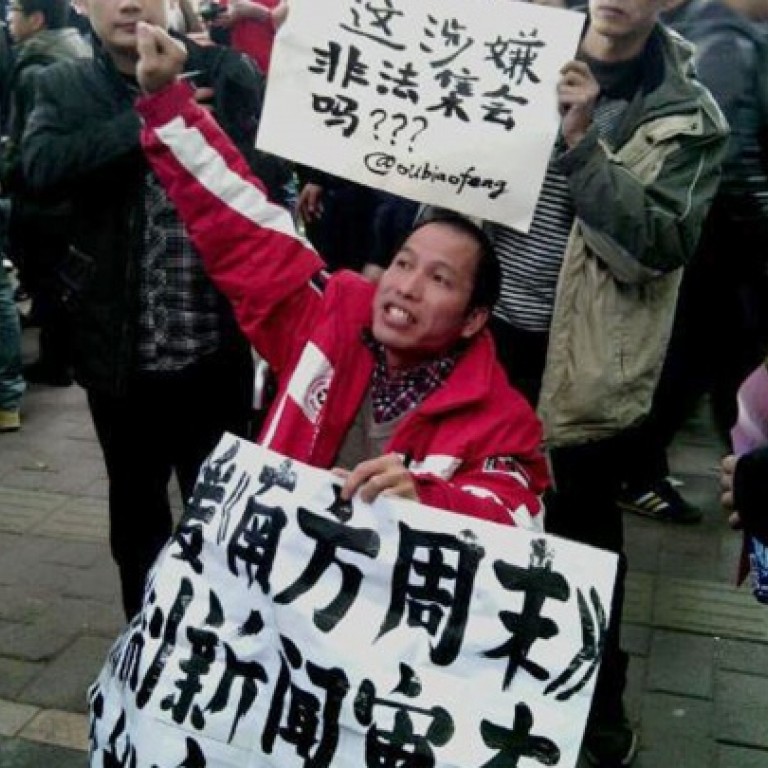
Censorship holds back Chinese progress
Padraig Reidy says the longer Beijing holds onto its outdated curbs on free speech and the press, the harder it will be for China to truly modernise
World Press Freedom Day, celebrated today, was designated by the UN in 1993 to remind governments of their duty to uphold free speech and the free press, as outlined by Article 19 of the Universal Declaration of Human Rights.
China's own constitution states that its citizens "enjoy freedom of speech, of the press, of assembly, of association, of procession and of demonstration". Note the use of the word "enjoy" - not even an aspiration; an actual assertion.
Does anyone believe this to be true? Increasingly, that seems unlikely. China's increasing dominance in global markets has brought it into the world. Globalisation requires advanced communication. Capitalism, too, requires accurate information, something a propagandistic press model cannot provide. Censorship is incompatible with progress towards a genuine advanced industrial economy.
Are cracks beginning to appear? Possibly. In January, international attention focused on the censorship of the newspaper, after a censor was alleged to have changed the headline and content of an editorial without informing staff. The paper's staff went on strike, returning to work a week later after a "tacit" agreement with the authorities.
Writing on the incident for , former commentator Xiao Shu said: "The repression of journalistic professionalism is not merely a journalistic issue, but also signifies the government's assault on society in general, and has exceeded the limits of public tolerance."
Xiao is right. As the means of communication become more widespread thanks to the web, press freedom is no longer the preserve of professional journalists. Ordinary citizens feel increasingly angered by the curtailment of free speech.
That frustration plays itself out across the Chinese internet, where users are gradually getting used to venting their grievances. The prime example of online protest against censorship, the Grass Mud Horse meme, emerged in 2009. Grass Mud Horse was an obscene play on words ( ) directed at state web censors, and was gleefully spread across the web. The interesting point was that it was not at all different from the many memes that spread across the web. In spite of China's best efforts to insulate its internet from external corruption, it's clear that many Chinese web users are part of a global culture.
What can the Chinese state do about this type of phenomenon? The optimist in me says it can't do very much. Likewise, its attempts to censor conversations on weibo and other platforms can only go so far. When people notice topics are censored, they talk about the censorship. What do you do then? Censor the conversation about censorship? How long can that continue?
Press and internet freedom is not an inevitability. The web provides tools for surveillance and censorship, every bit as much as it aids free speech.
But censorship always comes at a price. Chinese industry's much-lamented failure to innovate stems in large part from the authorities' failure to facilitate and even encourage debate and argument. If China insists on holding back public debate, whether on web forums or in its press, it is likely that its phenomenal progress will stall.
